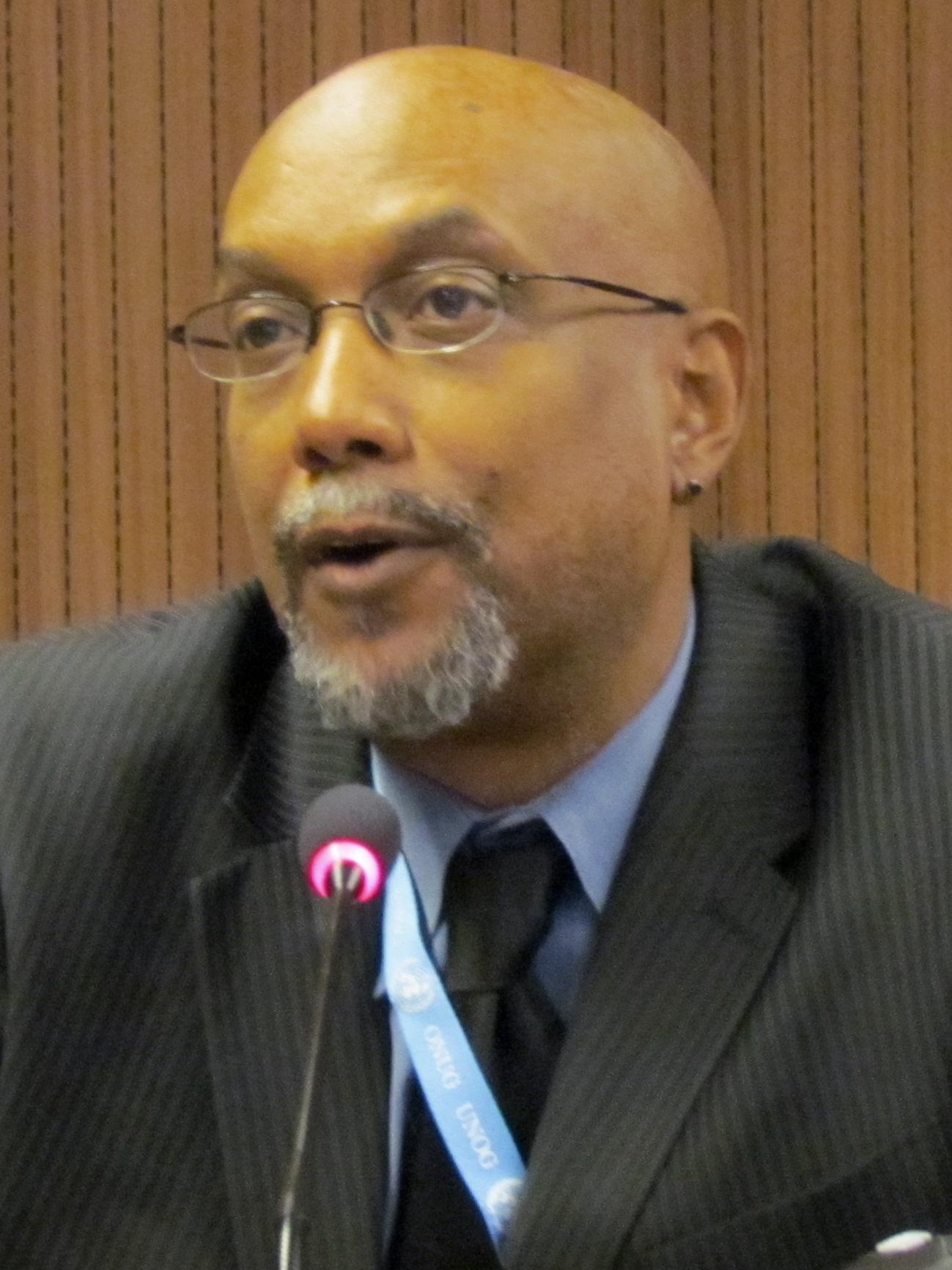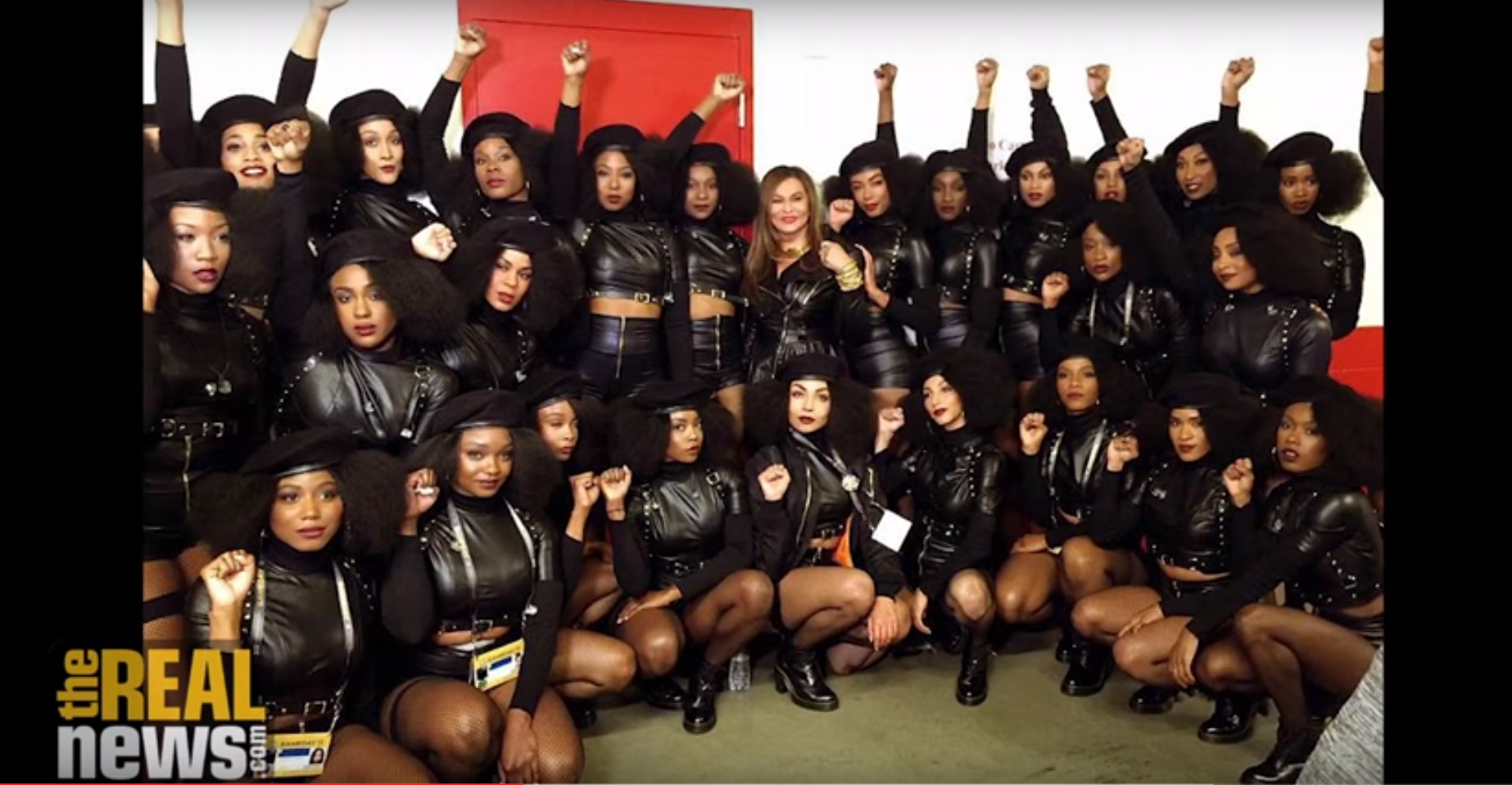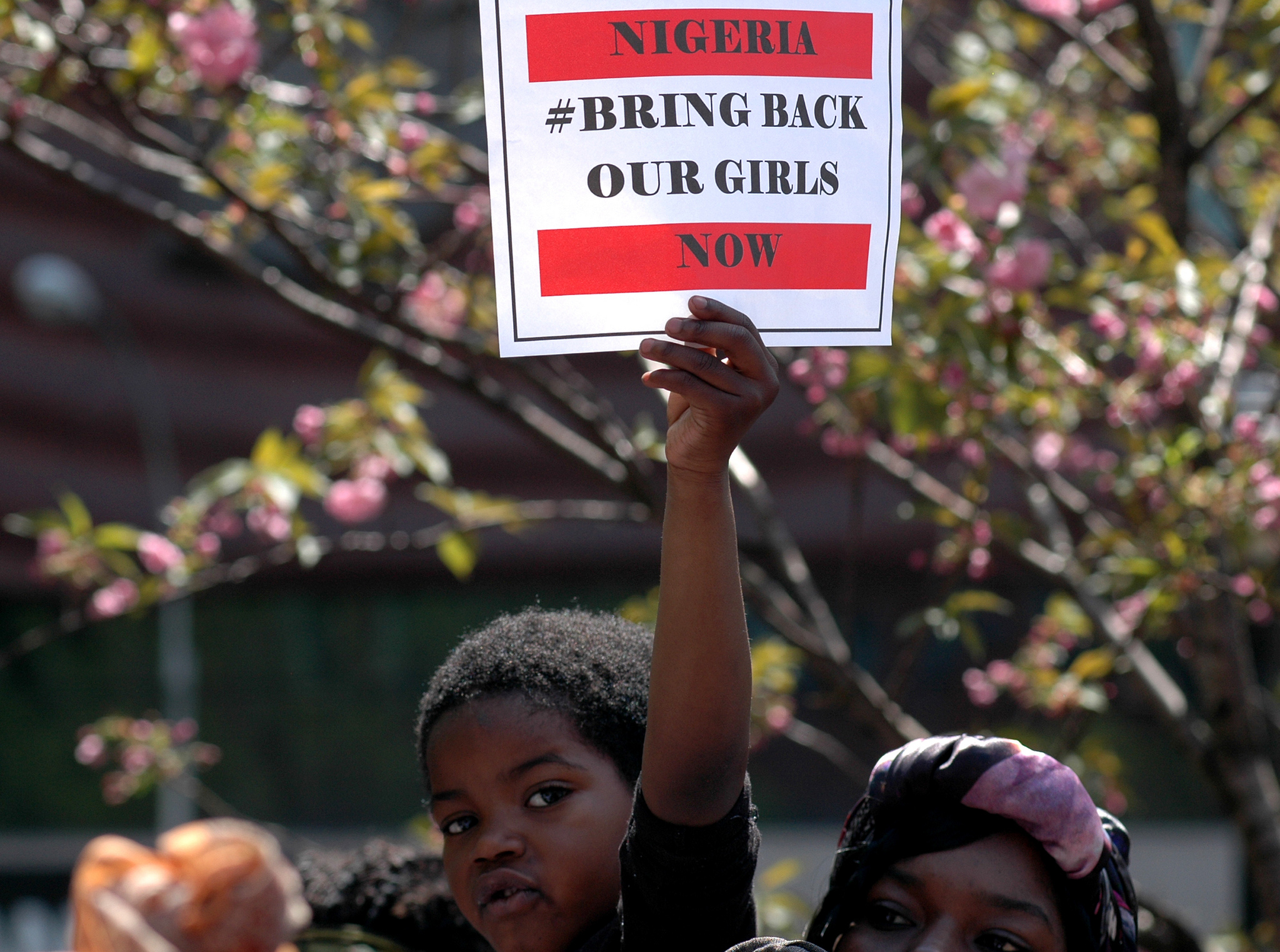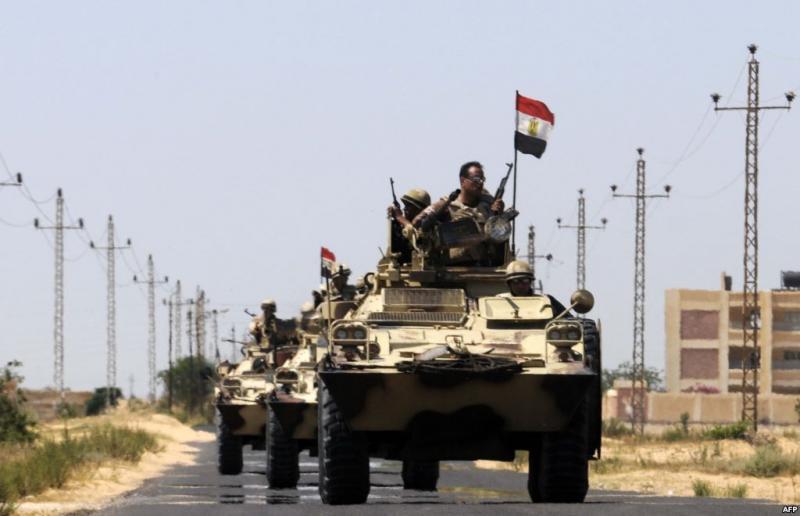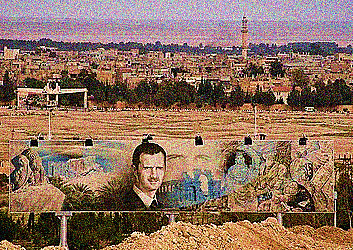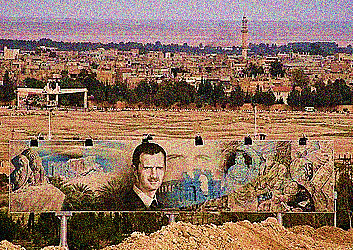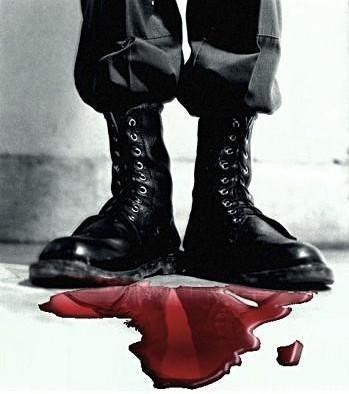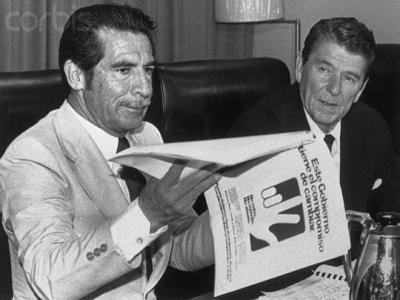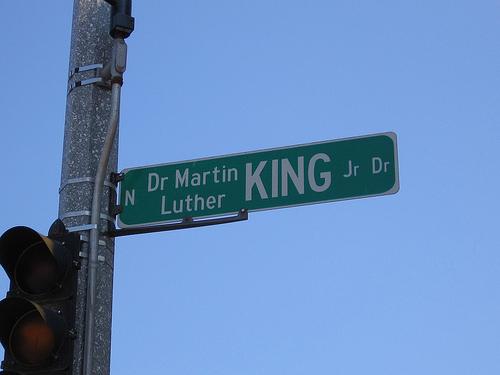Ajamu Baraka was the Founding Executive Director of the US Human Rights Network (USHRN) from July 2004 until June 2011. The USHRN became the first domestic human rights formation in the United States explicitly committed to the application of international human rights standards to the U.S. Under Baraka, the Network grew exponentially from a core membership base of 60 organizations to more than 300 U.S. – based member organizations and 1,500 individual members who work on the full spectrum of human rights issues in the United States.
Baraka has also served on the boards of various national and international human rights organizations, including Amnesty International (USA) and the National Center for Human Rights Education. He is currently on the boards of the Center for Constitutional Rights; Africa Action; Latin American Caribbean Community Center; Diaspora Afrique; and the Mississippi Workers’ Center for Human Rights.
Baraka has taught political science at various universities, including Clark Atlanta University and Spelman College. He has been a guest lecturer at academic institutions throughout the U.S., and has authored several articles on international human rights.
Baraka is currently editing “The Struggle Must be for Human Rights: Voices from the Field,” forthcoming in the fall of 2012. His website is www.ajamubaraka.com
